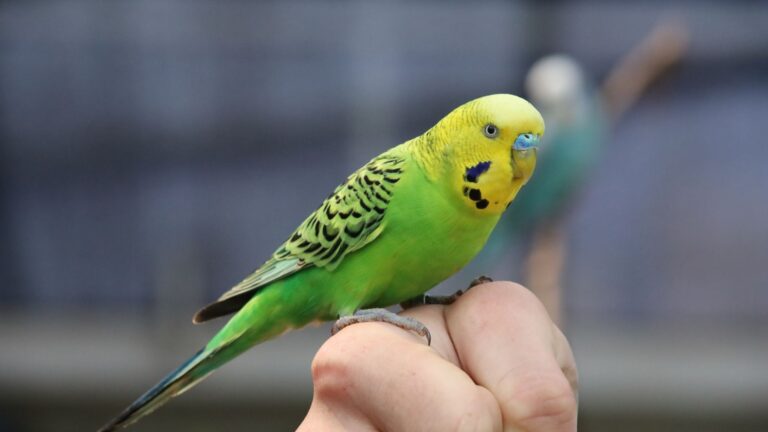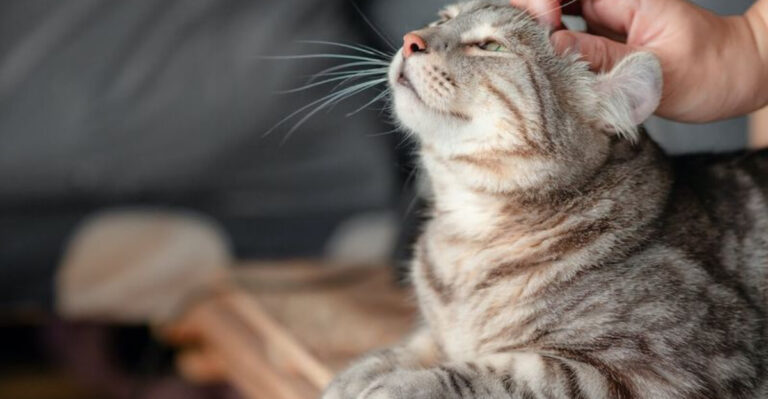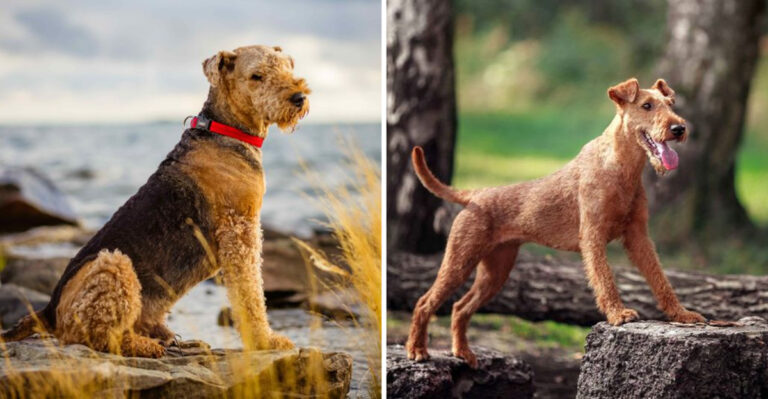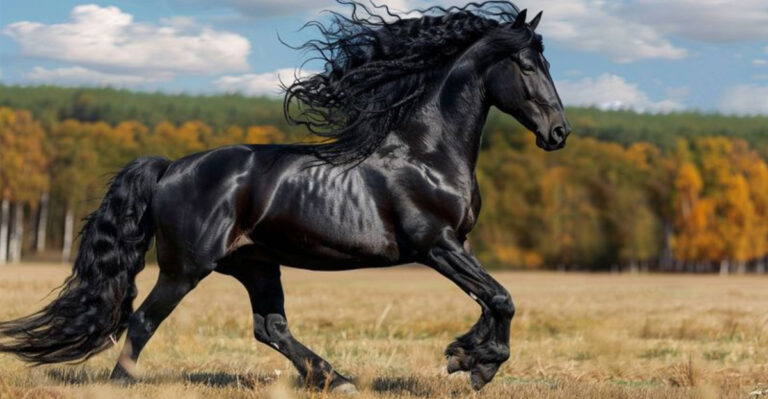25 Ultimate Dog Breeds That Are Naturally Well-Behaved
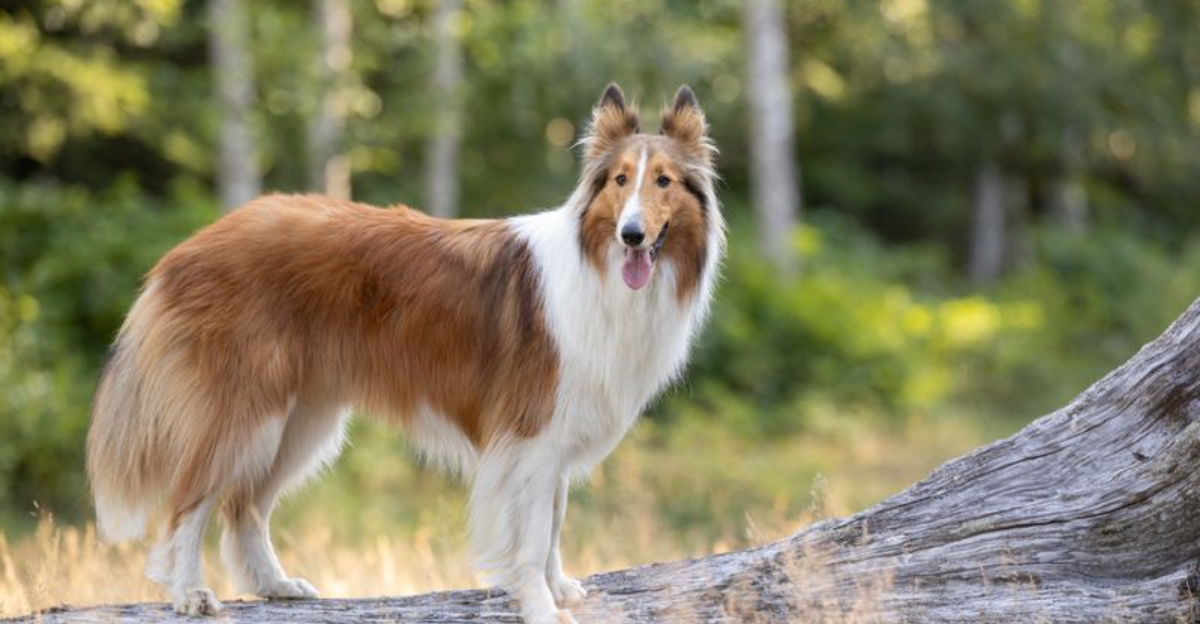
Looking for a four-legged friend who won’t turn your home upside down? Some dog breeds are blessed with naturally calm, obedient temperaments that make training a breeze.
While every dog needs proper guidance, these breeds have a head start in the good behavior department thanks to their genetics and breeding history. From apartment-friendly companions to family protectors, these 25 naturally well-behaved breeds might be your perfect match!
1. Golden Retriever
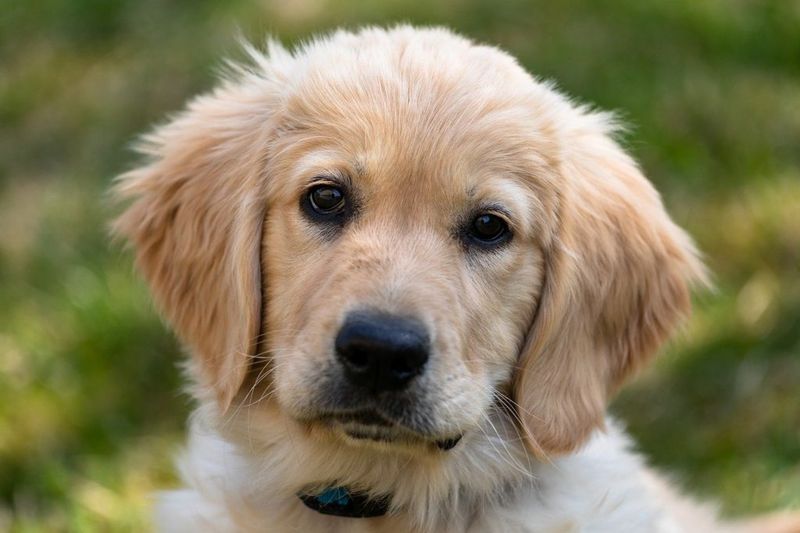
Famously patient and eager to please, Goldens seem to arrive with built-in manners. Their gentle mouths – developed for retrieving game without damage – extend to careful behavior around children and fragile items.
Remarkably intuitive, they read human emotions with uncanny accuracy, adjusting their behavior accordingly. This natural empathy makes them quick to understand boundaries and respond appropriately to correction without sulking or rebellion.
2. Bernese Mountain Dog
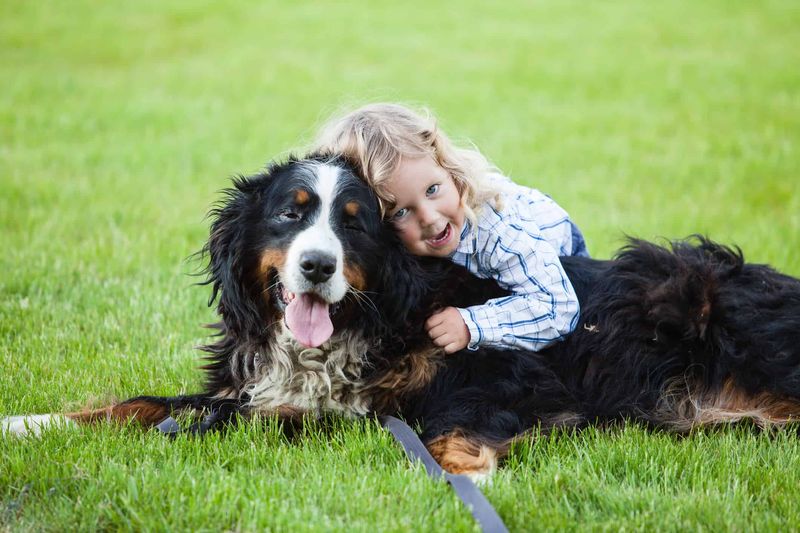
Gentle giants with hearts of gold, Berners possess an innate calmness that belies their massive size. Despite their strength, they move carefully through homes, seemingly aware of their bulk.
Swiss farmers bred these dogs for steady temperaments around livestock and children. This heritage shines through in their patient disposition and natural tendency to remain composed in exciting situations where other breeds might become overstimulated.
3. Newfoundland
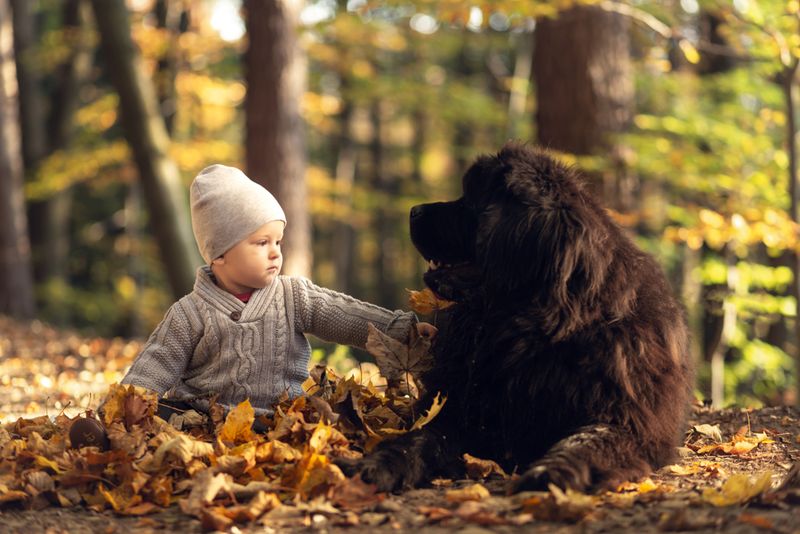
Born with a nurturing spirit, Newfies rarely need correction for aggressive behavior. Their patient temperament earned them the nickname “nanny dogs” for their natural protectiveness of children.
Bred as working partners for fishermen, they developed an intuitive understanding of human needs and expectations. Their deliberate movements and thoughtful nature make them surprisingly graceful for their size, rarely knocking things over despite their impressive bulk.
4. Cavalier King Charles Spaniel
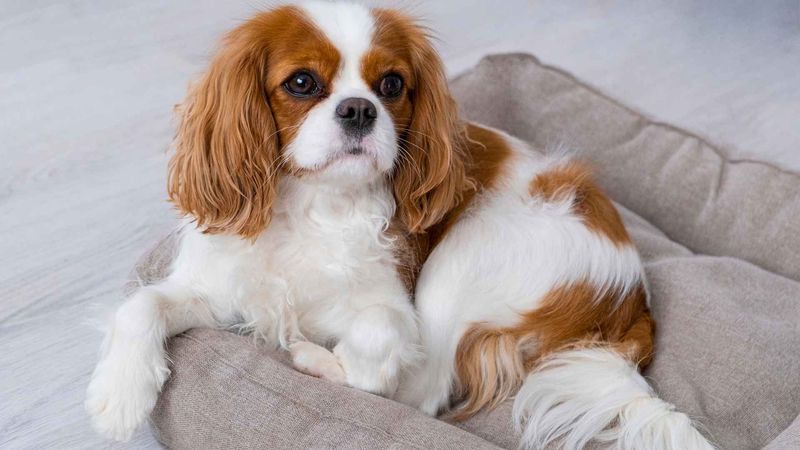
Aristocratic by nature, these elegant companions seem to arrive with court manners intact. Rarely barkers or jumpers, they prefer gentle greetings and calm interactions.
Their adaptable nature makes them equally content lounging quietly during work hours or joining family activities. Remarkably intuitive about appropriate behavior, they often need minimal correction, seeming to absorb household rules through observation rather than formal training.
5. Shih Tzu
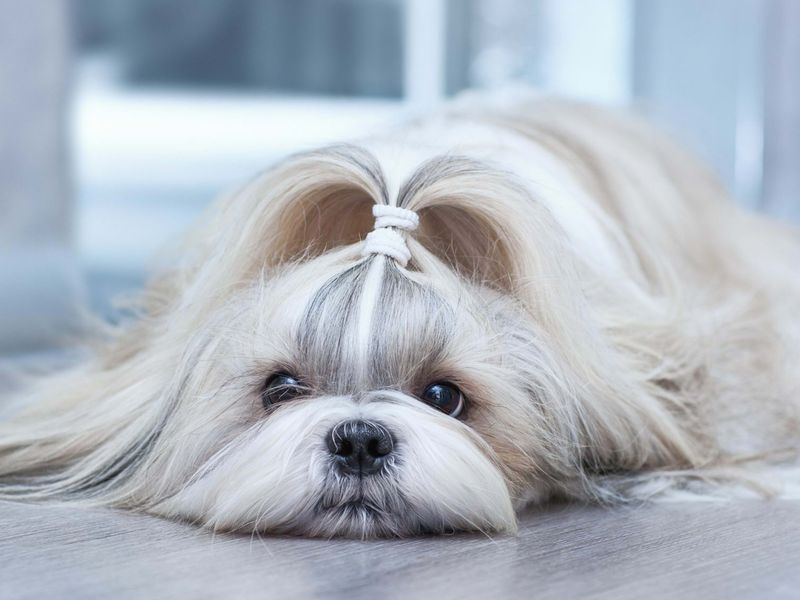
Bred specifically as palace companions for Chinese royalty, these little lions naturally understand the art of proper companionship. Their royal heritage shows in their dignified demeanor and preference for peaceful environments.
Unlike many small breeds, they rarely engage in excessive barking or hyperactive behavior. Naturally attuned to human emotions, they instinctively offer quiet company during stress and playfulness when appropriate, making them exceptional at reading social cues.
6. Collie
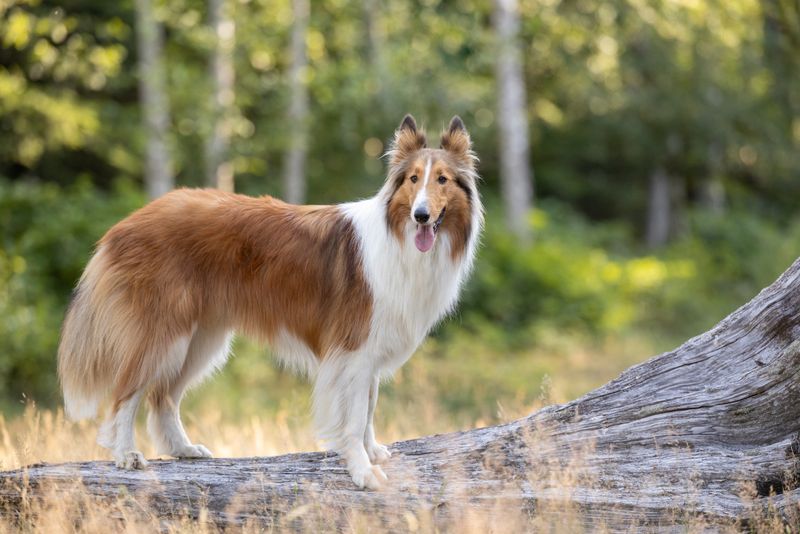
Long before Lassie captured hearts on screen, collies were impressing families with their natural sense of responsibility. Instinctively watchful without being intrusive, they monitor household activities with thoughtful intelligence.
Their herding background gifted them with remarkable self-control and decision-making abilities. Sensitive to verbal tone rather than volume, they respond beautifully to gentle guidance, often anticipating commands before they’re given through careful observation of routines.
7. Bichon Frise
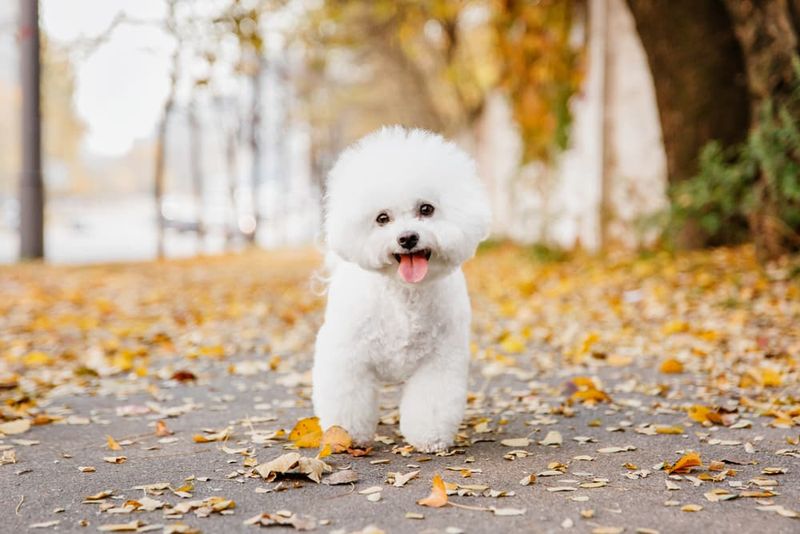
Behind those fluffy white coats lies a remarkably balanced temperament rare in small breeds. Unlike many compact companions, Bichons rarely develop “small dog syndrome” with proper socialization.
Historically entertainment dogs, they naturally aim to please audiences rather than cause disruptions. Their adaptable nature makes them equally content in apartments or family homes, adjusting their energy levels to match their environment without the excessive barking common in similarly sized breeds.
8. Standard Poodle
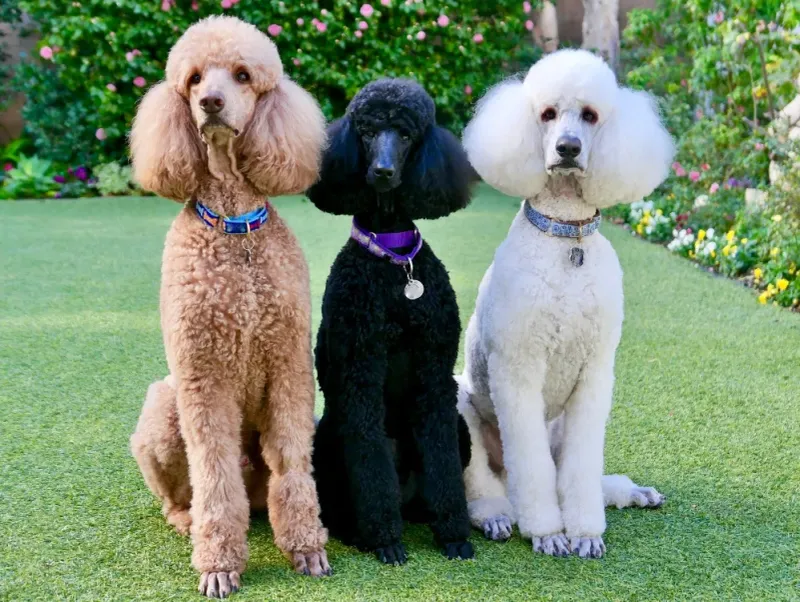
Beyond their elegant appearance lies one of dogdom’s most trainable minds. Standard Poodles possess an almost uncanny ability to distinguish appropriate behaviors for different settings without repeated instruction.
Originally bred as working retrievers, their intelligence was honed for cooperation rather than independence. This heritage creates a dog that naturally looks to humans for guidance rather than making mischief. Their sensitivity to tone makes them remarkably responsive to gentle correction.
9. Havanese
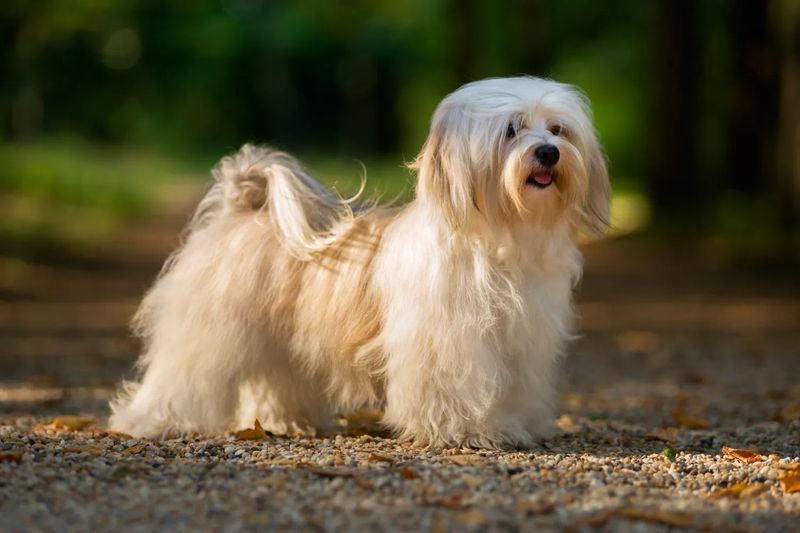
Cuba’s national dog brings Caribbean charm without the drama. Naturally attuned to human emotions, these little companions adjust their behavior to match their owner’s mood with remarkable sensitivity.
Despite their playful nature, they possess an innate understanding of indoor manners. Unlike many small breeds, they rarely resort to nuisance barking for attention. Their adaptable personality makes them equally content with quiet evenings or family gatherings without becoming overstimulated.
10. Whippet
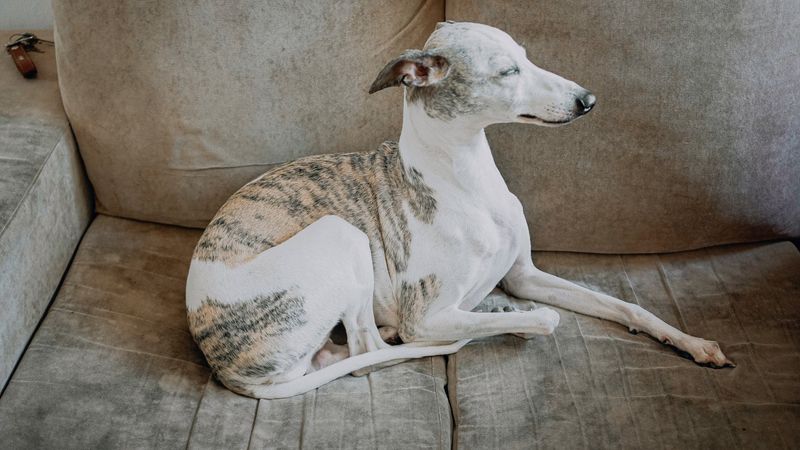
Speed demons outdoors, zen masters indoors – whippets master the art of the switch. Famous among apartment dwellers for their nearly silent nature and minimal barking, they’re often described as “cat-like” in their cleanliness and calm indoor demeanor.
Surprisingly independent for sighthounds, they rarely develop separation anxiety with proper conditioning. Their natural dignity prevents the jumping and rowdy greeting behaviors common in many breeds, preferring instead gentle acknowledgments of visitors.
11. Greyhound
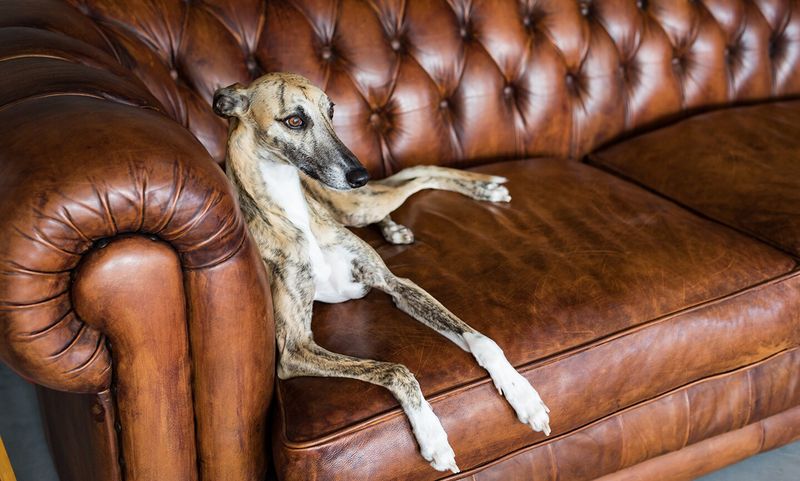
Couch potato champions with racing stripes, retired greyhounds quickly adapt to home life with minimal fuss. Despite their athletic capabilities, they possess remarkably low indoor energy, preferring lounging to lunging around furniture.
Naturally clean and rarely barkers, they transition seamlessly from track to living room. Their gentle nature and quiet demeanor make them surprisingly ideal apartment dogs despite their size. Most owners find they need minimal correction once household routines are established.
12. Basenji
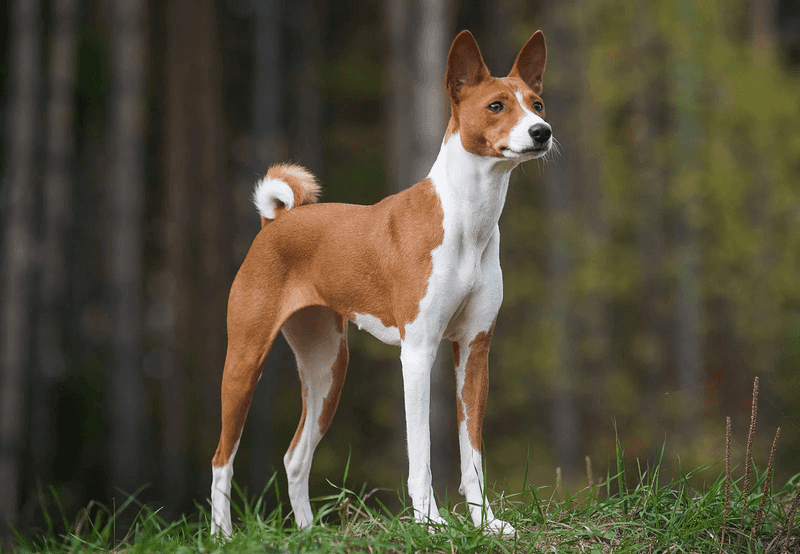
Africa’s “barkless dog” brings cat-like cleanliness and independence to the canine world. Self-grooming and naturally odorless, they maintain themselves with minimal human intervention.
Their unique vocalization – a melodic yodel rather than barking – happens sparingly and purposefully. Remarkably controlled indoors, they move with precision around furniture and breakables. Their ancient heritage as hunting companions created a naturally respectful relationship with humans rather than a dependent one.
13. Great Dane
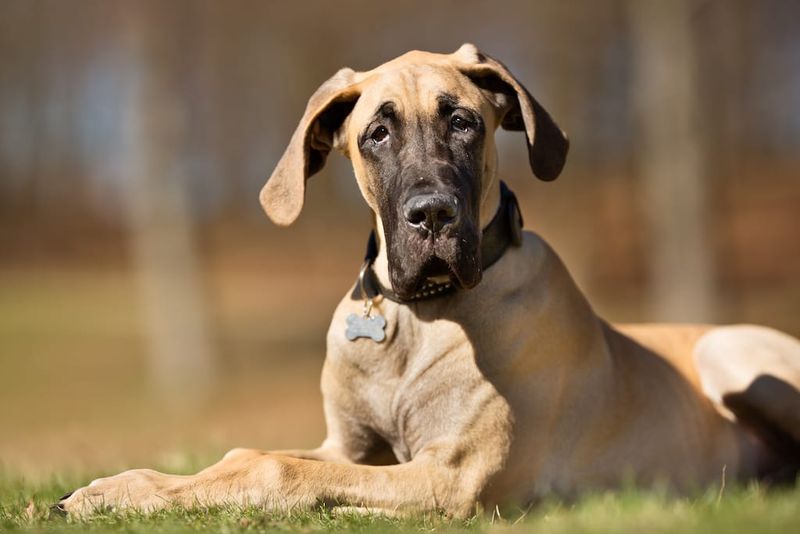
Gentle giants who seem born understanding their size, Great Danes move through homes with surprising grace. Despite their imposing stature, they rarely throw their weight around carelessly.
Historically bred as estate guardians for nobility, they developed a natural sense of dignity and restraint. Their calm demeanor means they’re less likely to knock over furniture or children compared to smaller, more rambunctious breeds. Most become remarkably responsive to verbal correction without need for repetition.
14. Shiba Inu
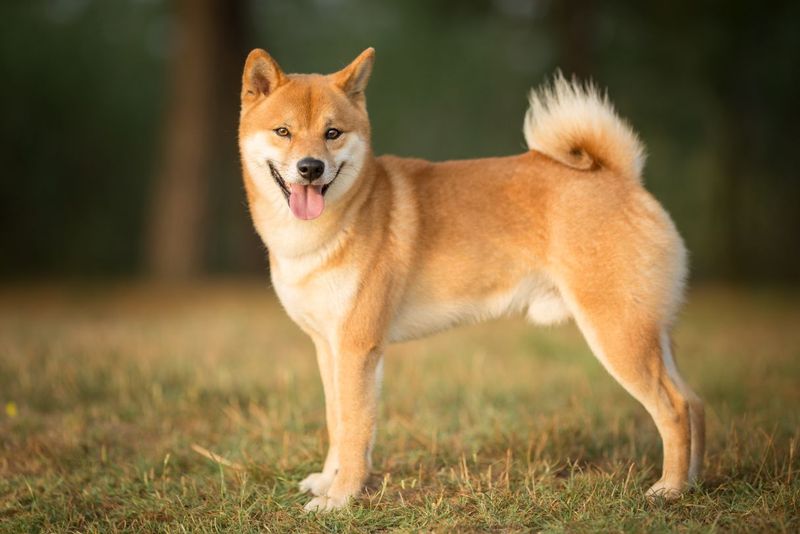
Independent yet respectful, Shibas bring ancient Japanese dignity to modern homes. Their fastidious nature means they’re naturally house-trained faster than most breeds, often choosing one bathroom spot without human direction.
Unlike needier breeds, they don’t demand constant attention or entertainment. Their cat-like approach to cleanliness extends to avoiding mud and mess whenever possible. While strong-willed, their intelligence means they quickly understand and generally respect household boundaries once established.
15. Irish Setter
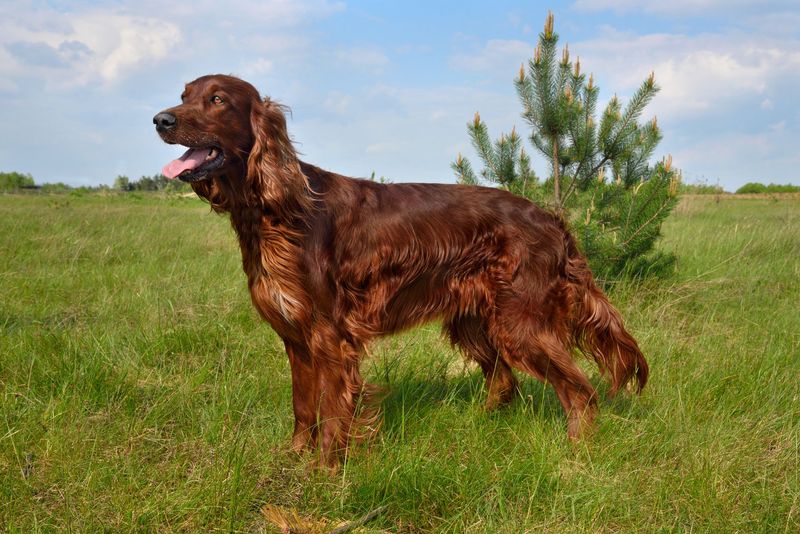
Beneath that flowing red coat lies a surprisingly sensitive soul who craves harmony. Despite their energetic reputation, properly exercised Irish Setters display remarkable indoor manners and natural gentleness around children.
Their hunting heritage created a dog naturally attuned to human direction rather than independent mischief. Quick learners with exceptional memory, they rarely need repeated correction for the same behavior. Their natural desire for approval makes positive reinforcement exceptionally effective.
16. Maltese
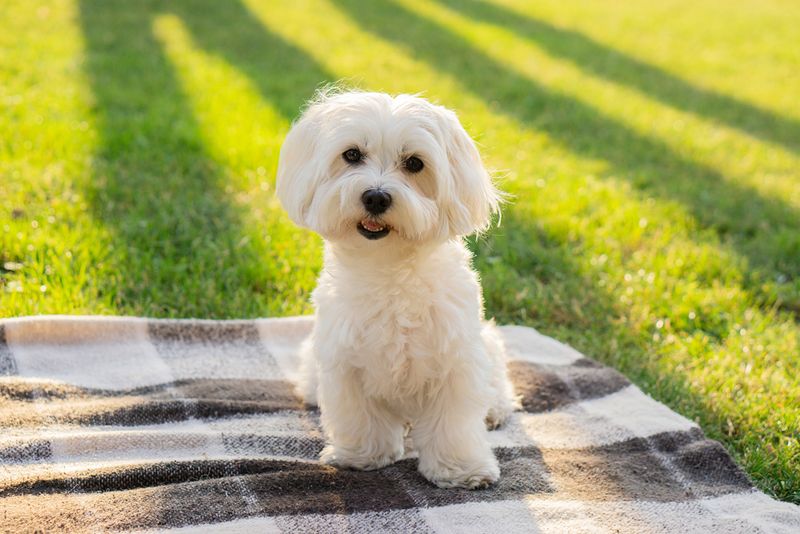
Aristocrats in miniature form, these ancient lap dogs seem born understanding their role as dignified companions. Unlike many toy breeds, they rarely resort to yapping for attention when properly socialized.
Their 2,000+ year history as companions to Mediterranean nobility created a breed that naturally understands indoor etiquette. Surprisingly adaptable for a small breed, they adjust their energy levels to match household activity without becoming overexcited or anxious during transitions.
17. Papillon
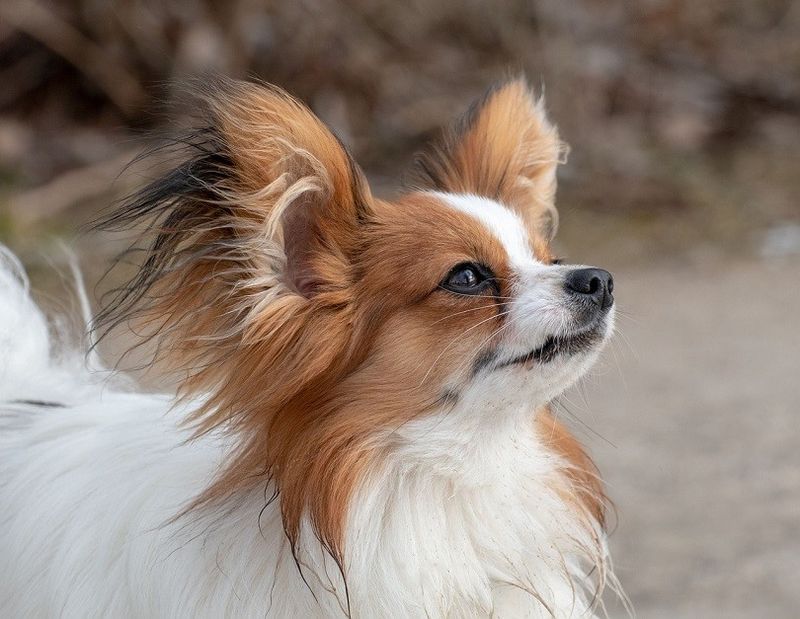
Butterfly-eared geniuses who break the small dog stereotype with their remarkable self-control. Despite their tiny size, they possess an emotional maturity rare in toy breeds, rarely resorting to nervous behaviors.
Consistently ranking among the most intelligent breeds, they quickly grasp household expectations with minimal repetition. Their natural confidence prevents the defensive barking common in small dogs. Most impressive is their ability to adjust their energy perfectly to different situations without becoming overexcited.
18. Vizsla
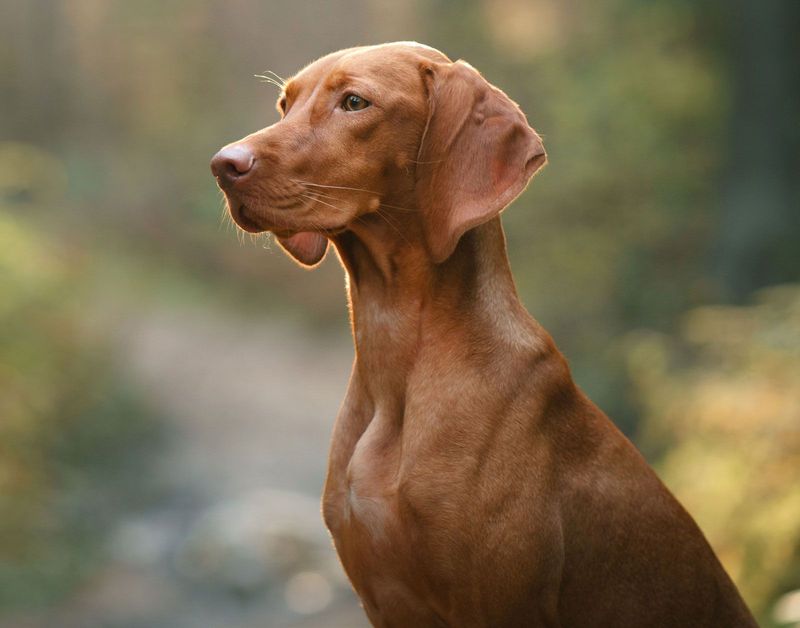
Velcro dogs with built-in good manners, Vizslas form such close bonds with their people that pleasing them becomes their primary motivation. Their sensitivity to human emotions makes them naturally responsive to even subtle correction.
Hungarian nobility developed these dogs to be close working partners, creating a breed that instinctively tunes into human needs. Their natural desire to maintain proximity to their people means they’re less likely to wander off or engage in destructive behavior when properly exercised.
19. Keeshond
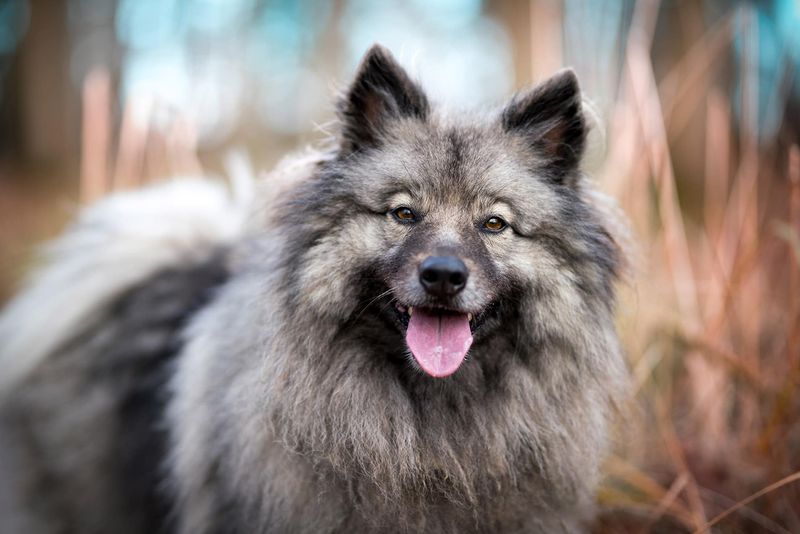
Fluffy watchdogs with an innate sense of appropriate barking, Keeshonds alert to genuine concerns without nuisance noise. Their natural smile reflects an overwhelmingly positive disposition that makes correction rarely necessary.
Historically barge dogs in Holland, they developed exceptional awareness of small spaces and appropriate behavior within them. Their natural tendency to “smile” isn’t just cute – it reflects a genuinely conflict-avoidant personality. They excel at reading human facial expressions and adjusting their behavior accordingly.
20. Shetland Sheepdog
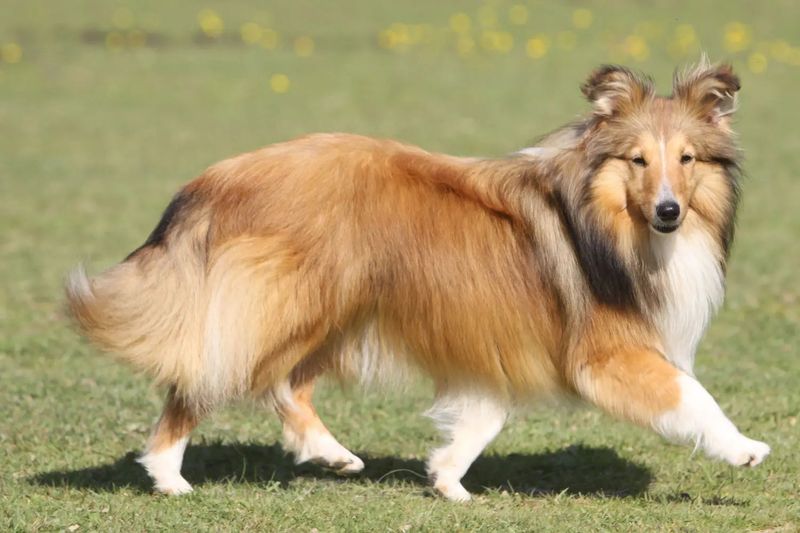
Miniature Lassies with built-in listening skills, Shelties seem to understand English without formal training. Their herding background created a breed naturally attuned to subtle vocal cues and body language.
Remarkably sensitive to tone, they often respond to whispered commands across rooms. Their natural desire to maintain order makes them surprisingly self-disciplined. Unlike many intelligent breeds, they rarely use their smarts for mischief, preferring to apply their problem-solving abilities to understanding and following household routines.
21. Pug
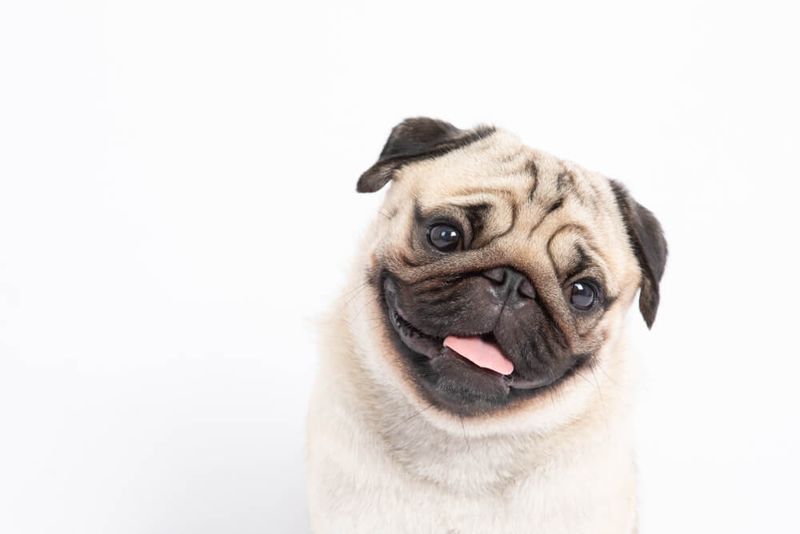
Court jesters with an innate understanding of appropriate silliness, pugs know when to entertain and when to settle. Their history as companions to Chinese emperors created a breed naturally attuned to human moods.
Unlike many small breeds, they rarely resort to barking or destructive behaviors for attention. Their natural confidence prevents the defensive behaviors common in smaller dogs. Most endearing is their ability to be playful without becoming overexcited, knowing exactly when to calm down.
22. English Setter
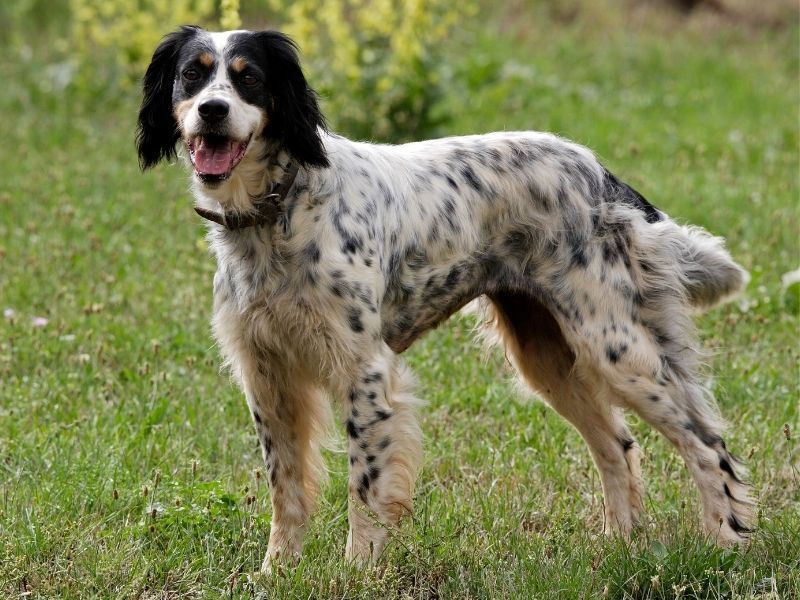
Gentleman hunters with built-in house manners, English Setters transition seamlessly from field work to family room. Their naturally soft mouths – developed for retrieving game birds without damage – extend to gentle interactions with children and household items.
Historically companions to nobility, they developed an innate sense of appropriate indoor behavior. Their hunting heritage created a dog naturally responsive to human direction rather than independent mischief. Most owners find they settle into household routines with minimal guidance.
23. Beagle
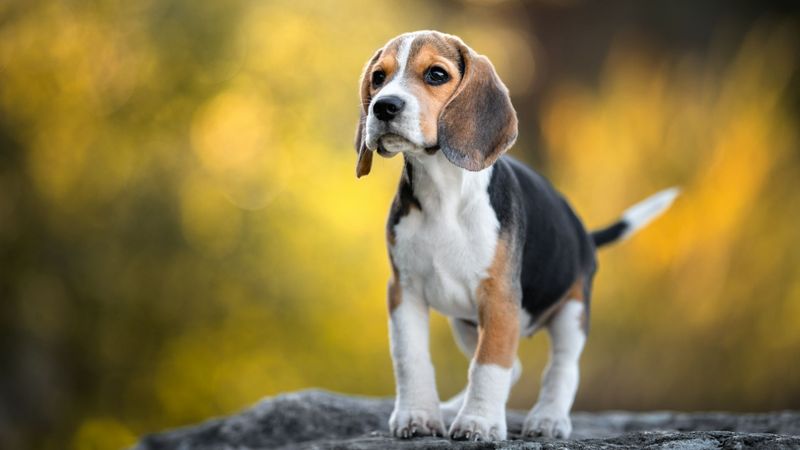
Food-motivated fast learners, beagles quickly master household rules when treats are involved. Their pack-oriented nature means they naturally look to human family members for leadership and behavioral cues.
Despite their hunting background, properly exercised beagles display remarkable self-control indoors. Their natural desire for harmony within their pack (your family) makes them surprisingly responsive to gentle correction. Most impressive is their ability to distinguish between outdoor adventure time and indoor calm time.
24. Portuguese Water Dog
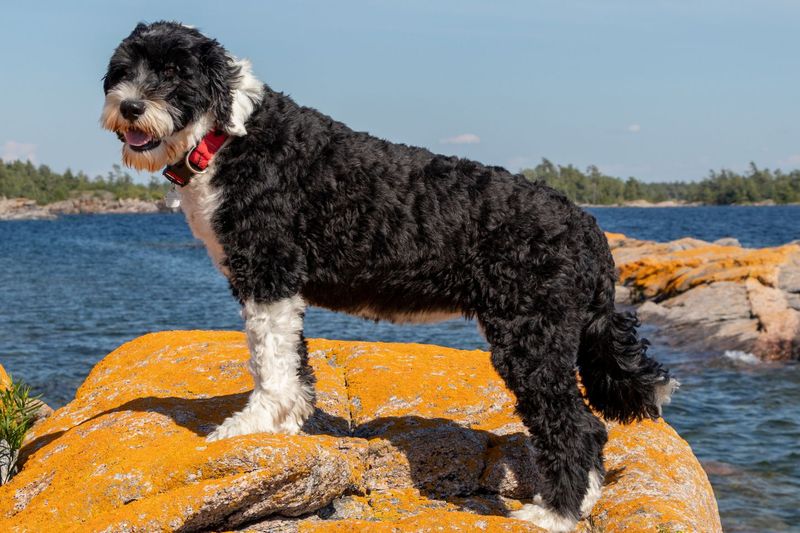
Presidential-quality companions with built-in work ethic, these curly achievers approach training as a welcome job. Their history as fishermen’s assistants created a breed naturally attuned to human direction and cooperative work.
Unlike many intelligent breeds, they channel their smarts into learning rather than mischief. Their problem-solving abilities make them quick to understand household boundaries and expectations. Most impressive is their ability to distinguish between different contexts and adjust their behavior appropriately without explicit instruction.
25. Soft Coated Wheaten Terrier
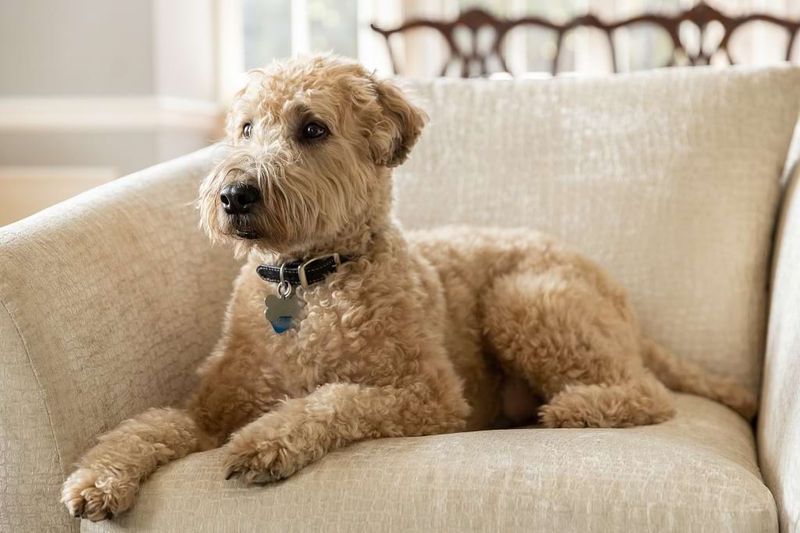
Rare among terriers, Wheatens combine typical terrier intelligence with an unusually biddable nature. Their farm dog heritage created a versatile companion who naturally understands appropriate behavior in different contexts.
Unlike many terrier breeds, they respond beautifully to positive reinforcement without the stubborn streak. Their natural enthusiasm comes with an off-switch rare in the terrier world. Most owners find they quickly learn household boundaries without the repetitive training many terriers require.

